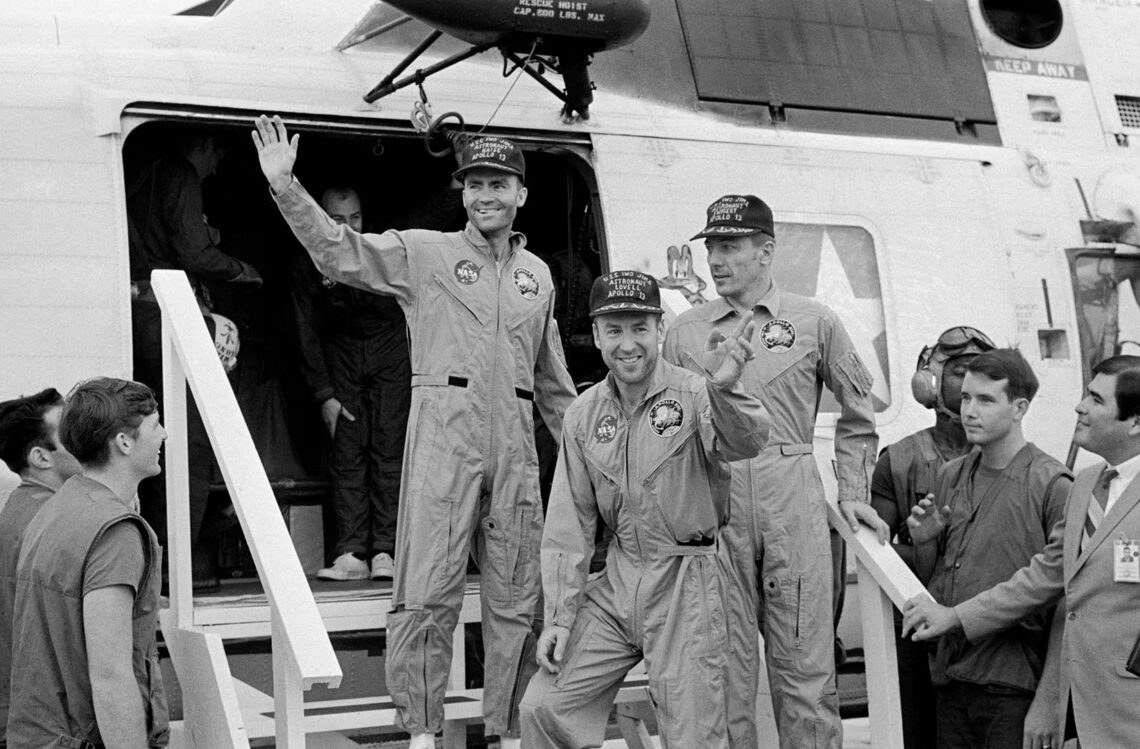The 54th anniversary of the Apollo 13 mission – which saw the successful return of its crew back to Earth after a disaster onboard the spacecraft – occurred in mid-April. It remains one of the great examples of the human spirit and ingenuity triumphing over seemingly insurmountable odds. It is also one of the great examples of American can-do innovation, grit, patience, determination and teamwork. Looking back, there are many important lessons we can learn from the Apollo 13 mission, as well as from the actions of the heroes both orbiting the moon and on the ground in NASA facilities.
At the top, one of the key things we can take away from Apollo 13 is how we view risk and how we incorporate success or accomplishment into overall planning. This is especially useful in multi-phase tasks that evolve over a longer term — such as a military operation or a major engineering project. There will be successes and setbacks along the path to an objective, but how we accept and respond to those ups and downs is key to achieving success. While any human spaceflight mission has a high degree of risk, by the spring of 1970 the basic ability to land people on the moon had been proven twice. Apollo 13 occurred just shy of one year after Apollo 11 and only five months after Apollo 12. With two successful back-to-back landings, some of the major concerns regarding moon landings had been put to rest.
However, the complications on Apollo 13 were mechanical, occurring on the spacecraft before the mission even got to the moon. In the grand scheme of things, all systems should have worked —– after all, systems are continuously and repeatedly tested and inspected and, if shown to function properly, one has to assume they’ll work on a mission. In other words, a specific anomalous malfunction couldn’t have been known, even if the profile of potential risks would have included the chance of a hardware malfunction. But things happen. Components, gear and…
Read the full article here

